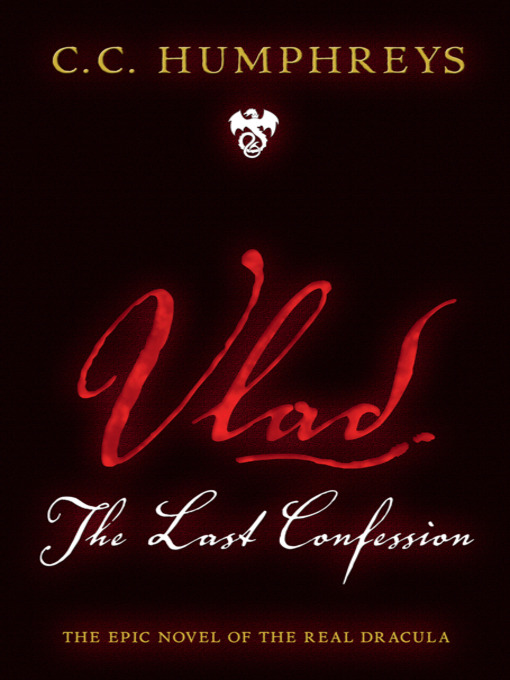
Vlad
The Last Confession
کتاب های مرتبط
- اطلاعات
- نقد و بررسی
- دیدگاه کاربران
نقد و بررسی

May 1, 2011
A novel that sets out to humanize and demythologize Vlad the Impaler...though he's still very naughty.
The chief rivalry here is between Turks and Christians in the 15th century. Those sides are represented by Sultan Murad Han—and later by Mehmet, his son—and by Vlad Dracula. We first meet Vlad as a janissary, a 17-year-old Christian slave in the Turkish court, and find he's a fine pupil, speaker of numerous languages and even reluctant scholar of the Koran. What begins as competition and gamesmanship between Vlad and Mehmet escalates into hatred, especially given the fact that Mehmet's father, the sultan, has had Vlad's father beheaded and Vlad's older brother Mircea tortured and buried alive. Mehmet is pushed over the edge when Vlad kidnaps the young sultan's new concubine, Ilona, and spirits her away to Wallachia, the small kingdom where Vlad has his castle. For six months, Vlad endures the tortures (literally) of the prison at Tokat, mercilessly flayed (and worse) by a dwarf and his able, sadistic assistant. At Tokat, Vlad not only learns but internalizes the prison motto: "You torture others so they cannot torture you." And indeed, Humphreys' narrative is filled with stomach-wrenching scenes of violence. (We find out, for example, that Mehmet has had the stomachs of seven servants slit open because one of them had stolen a cucumber, and he wanted to find the thief.) Vlad eventually embarks on a quest to free Constantinople from Muslim rule, an impossibility given the odds against him, but he does have the satisfaction of exacting revenge on some of his previous enemies.
While we learn much about falconry and medieval warfare, we learn rather too much about inflicting pain.
(COPYRIGHT (2011) KIRKUS REVIEWS/NIELSEN BUSINESS MEDIA, INC. ALL RIGHTS RESERVED.)

April 15, 2011
In bringing to life the brutal era of 15th-century Ottoman-dominated eastern Europe, historical novelist Humphreys (Jack Absolute) focuses on the reign of Wallachian prince Vlad Dracula (1431-76), known throughout the ages as the Impaler. The story begins with Vlad and his younger brother, Radu, as hostages of the Sultan. All goes well for them until their father betrays his word. Radu is made a slave of the Sultan's son, and Vlad is sent to the infamous Turkish prison of Tokat. During his captivity, he is educated in the brutal art of torture, including the horrifying technique of impaling. He learns his lessons well. When eventually freed, he returns to Wallachia and makes war on his enemies, combining his fervent Christian beliefs with a brutality that shocks even the most jaded. VERDICT While Vlad's brutal acts might have inspired the name of Bram Stoker's fictional vampire, the historical man has nothing to do with that classic novel. His real story is engrossing and heavy, with a darkness some readers may find very disturbing.--Patricia Altner, Columbia, MD
Copyright 2011 Library Journal, LLC Used with permission.

May 15, 2011
Humphreys historical novel sets out to tell the real truth about the man behind the Dracula stories, Vlad Dracul, prince of Transylvania. Structuring the tale around the confessions of the princes mistress, his best friend, and his longtime priest, Humphreys sticks to as many historical facts are as known about Vlad and his compatriots and about the tumultuous events of the late-fifteenth century in Transylvania, weaving an unapologetic tale about a man who endured great losses and was driven by intense passion for his country and religion. Without glossing over the more horrific events (the Easter Sunday impaling of Draculs traitorous nobles), Humphreys generates considerable sympathy for the prince, who always and only did what he thought he had to do to save his country and Christianity. With the emphasis on history and with almost no supernatural elements, the novel is aimed much more at readers interested in the historical origins of the Dracula stories than at those looking for another vampire story. As such, it succeeds admirably.(Reprinted with permission of Booklist, copyright 2011, American Library Association.)

























دیدگاه کاربران